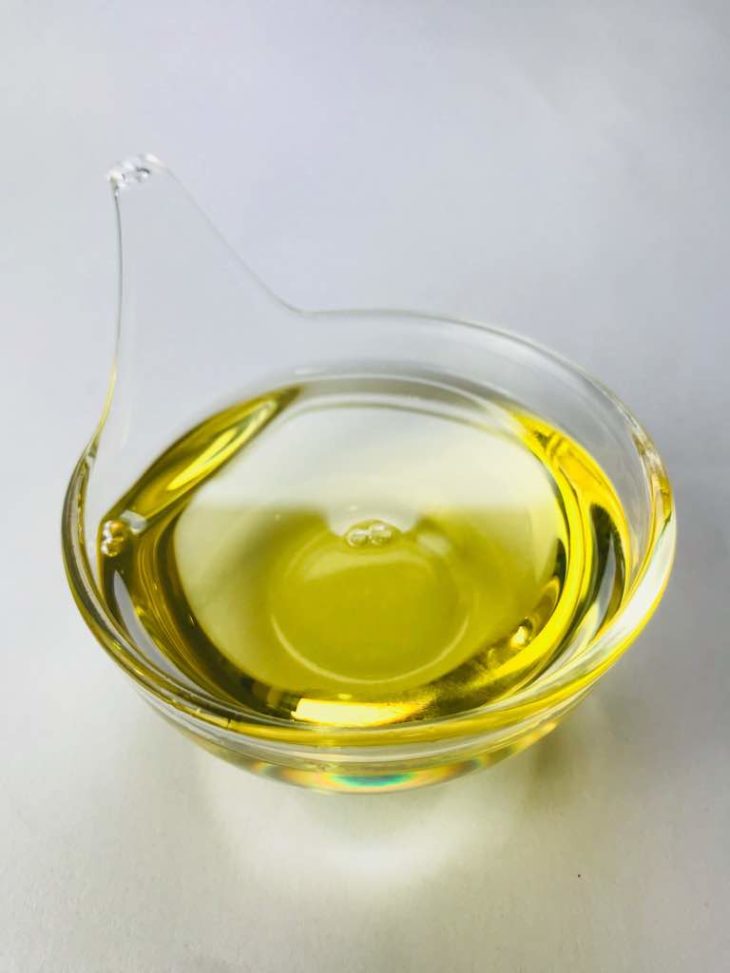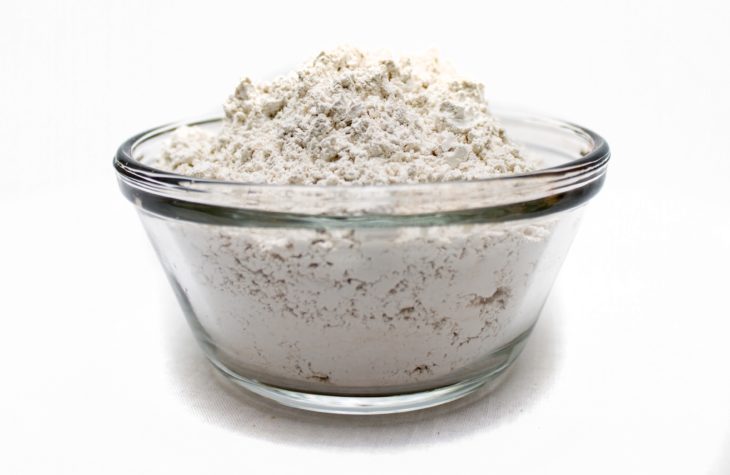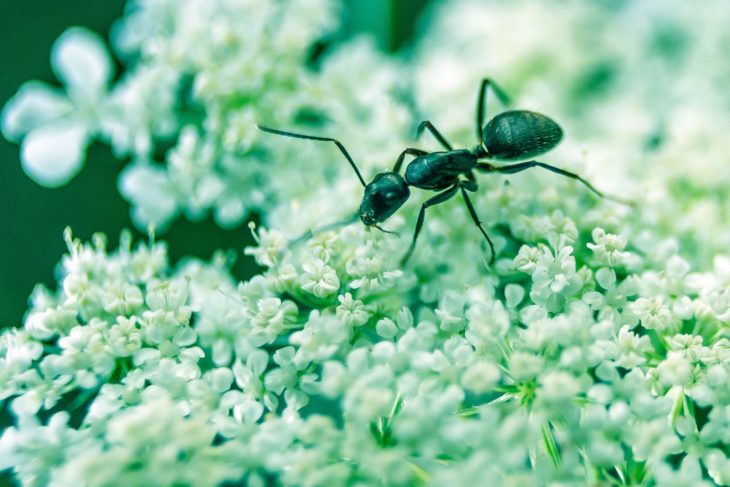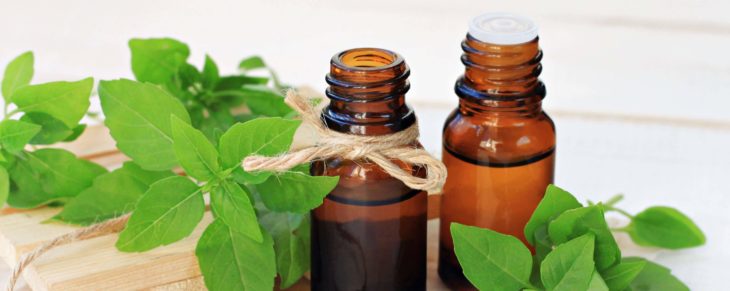Dealing with insects in your home or garden is… disgusting to say the least. You want to make your living space, and your hub of tranquility to be clean, without the introduction of harmful chemicals to your pets and family. If you’re wondering what sort of household items that people have been employing for decades against the invasion of creepy crawlies, there’s an impressive arsenal.
Citronella

Source: thehivebulkfoods
If you live in a climate that is accustomed to having mosquitoes as visitors I’m sorry if you have not learned about using citronella to keep them away. Citronella really works and can in a variety of shapes and sizes, but even better you can grow it as a plant. If you’re tired of a few mosquitoes sneaking in at night you can keep a plant or two in popular rooms, or you can leave them outside. They may also be introduced in candle form, and by burning the candle mosquitoes will naturally gravitate away from the smell. Citronella works on a variety of pesky critters, including both mosquitoes and flies, and I’ve even seen some wasps, be averse to the smell before.
Diatomaceous earth

Source: earthworkshealth
Diatomaceous earth is mainly composed of silica or silicon dioxide produced from fossilized forms of microbes. It is a powder that is applied to the ground and works really well on insects that need to crawl along the ground. I’ve seen firsthand the effectiveness of this compound against earwigs (ick). The formation of silicon dioxide has fine edges that may cause damage to the carapace of the insect. It will also absorb fluids from the inside of the insect through a process called osmosis (moving from a high concentration to a low concentration). Its effects are hugely immediate, and it does have the downside of needing cleanup after you’re done using it. A quick vacuum job helps, but you may get some behind your baseboards. Luckily, this compound is low in toxicity level, but not recommended for ingestion whatsoever.
Boric acid

Source: dodsonbros
Boric acid can function similarly to diatomaceous earth, but also as a poisonous material when ingested as well. Its uses vary from earwigs, cockroaches and ants. It’s especially good for cockroaches and earwigs as they both engage in cannibalistic behaviors. If the insect is not immediately killed by the acid, it may head back to its colony where other insects are. Once the insect is deceased the others will engorge themselves and also become poisoned. The professionals from Depestify have an in depth product review in this guide regarding common products that contain boric acid. You’ll want to find an item that will be safe for you and everyone in the home.
Apple cider vinegar

Source: marleysbarkery
Apple cider vinegar works especially well against fruit flies if you’re experiencing an outbreak in your home. We had a friend in college that wasn’t the most apt at throwing out his fruit and the fruit flies transverse throughout our house because of it. By wrapping some plastic wrap around the top of a glass, and punching some holes through the top, the fruit flies would enter the solution and not be able to exit. The fruit flies are attracted to the smell of the liquid, but will drown as a result. It’s better to mix parts of this solution with water for two reasons. One it will create a longer lasting product, and two, you’ll be able to see how effective your trap is working and if the hole size needs to be reduced.
Peppermint oil

Source: mosquitosquad
Peppermint oil can be mixed with water to produce a solution that deters spiders, flies, and ants. Add roughly 15 drops of peppermint oil to a gallon of water and enjoy your homemade solution that deters insects. It’s not recommended to use this mixture on any household or outdoor plants. It’s also worth noting that this is more of a deterrent and won’t necessarily rid you of your pest problem. It works perfectly for keeping pests outside of your home and garden, but you’ll always have to keep up with it to ensure that they don’t want to gain entry to either.
Vinegar

Source: greenlivingzone
Vinegar can be used to deter the entry of insects like ants from your home. Mix roughly half a spray bottle with vinegar and the remaining part water and spray it wherever you believe ants are entering your house. Don’t worry, you won’t need to leave the vinegar on the floor, wipe it up with something unscented like a paper towel. When the ants attempt to cross this area in your house, it will set off their olfactory receptors and they won’t come back in.
Many items can be employed to deter or damage any pests that are making their way into your home or garden. Just make sure that everything you’re using is safe for everyone in the house (including pets!), prior to administration. You’ll be surprised at the tool you have on hand for getting rid of these insects.
